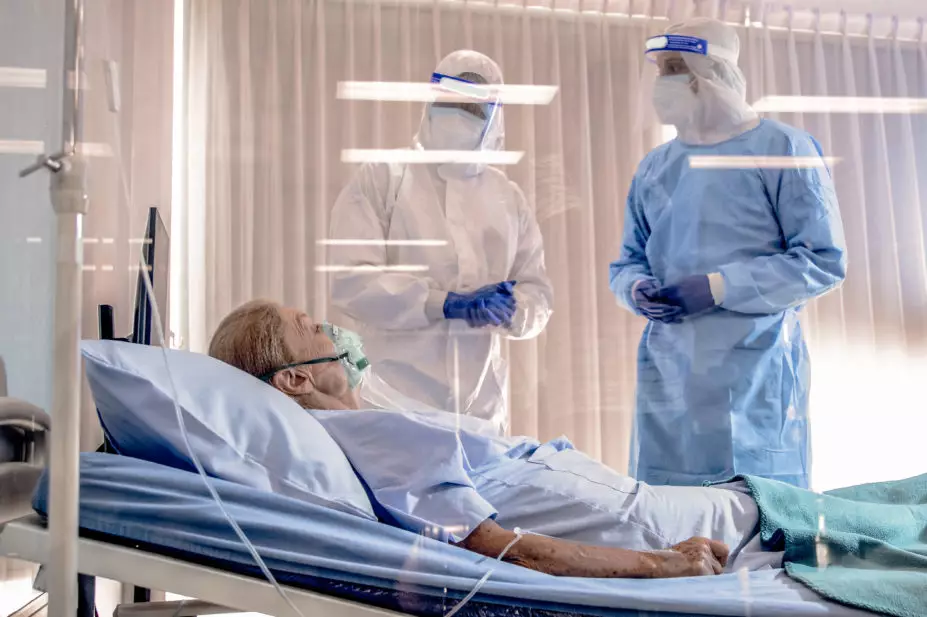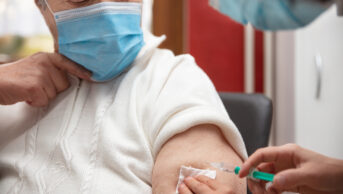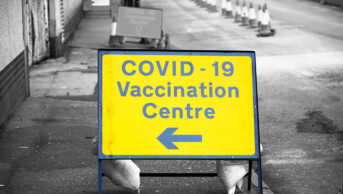
Shutterstock.com
Open access article
Unpublished results from the ‘Randomised Evaluation of COVID-19 Therapy’ (RECOVERY) trial have shown that aspirin does not improve survival for patients hospitalised with COVID-19.
It was hoped that the anti-inflammatory drug, which was added to the RECOVERY trial in November 2020, would reduce blood clotting, improve lung function and improve patient outcomes in patients with severe COVID-19.
As part of the trial, more than 7,350 patients hospitalised with COVID-19 in the UK were randomised to receive 150mg of aspirin once daily and their outcomes were compared with 7,541 patients who received standard care for COVID-19 alone.
Researchers found that there was no significant difference in the primary endpoint of 28-day mortality between the two groups (17% in the aspirin group versus 17% in the usual care group).
Patients randomised to the aspirin group did have a slightly shorter duration of hospitalisation (median 8 days versus 9 days) and a higher proportion were discharged from hospital within 28 days (75% versus 74%). However, there was no significant difference in the proportion of patients who were not receiving invasive mechanical ventilation at baseline, who progressed to invasive mechanical ventilation or died (21% versus 22%).
The researchers calculated that for every 1,000 patients treated with aspirin, around six more patients experienced a major bleeding event, while around six fewer patients experienced a thromboembolic event, compared with patients in the standard care group.
Martin Landray, professor of medicine and epidemiology at the Nuffield Department of Population Health at the University of Oxford and one of the chief investigators of the RECOVERY trial, said: “There has been a strong suggestion that blood clotting may be responsible for deteriorating lung function and death in patients with severe COVID-19.
“Aspirin is inexpensive and widely used in other diseases to reduce the risk of blood clots so it is disappointing that it did not have a major impact for these patients. This is why large randomised trials are so important — to establish which treatments work and which do not.”https://soundcloud.com/user-610311340/sets/covid-19-vaccines


